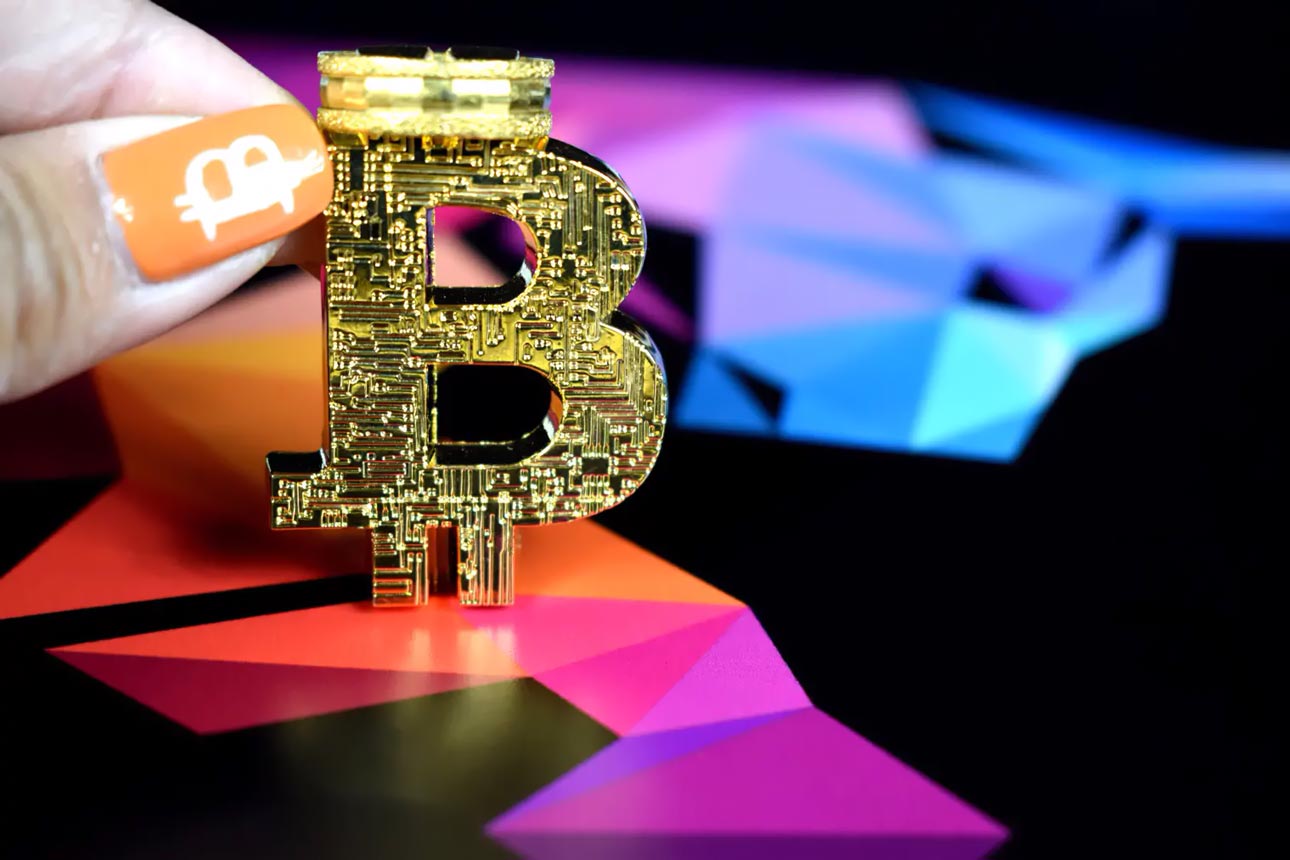Crypto exchanges explained
How do crypto exchanges work? . They let exchanging one cryptocurrency for another, the selling and buying of coins, along with exchange of fiat money in crypto. Crypto exchanges set the speed of the monies, both coins and tokens. The cryptocurrency rate generally is dependent on the actions of buyers and sellers, although there are other factors that may affect the purchase price. Various crypto exchanges might have different choices and functions. A few of them are made for traders, while others are made for immediate crypto fiat exchange. Crypto exchanges, which are designed for regular traders, enable you to purchase crypto and market them with lower commission fees compared to on crypto-to fiat exchanges. Whereas crypto bots are capable of automating these entire trading processes more efficiently than humans. One such bot is the bitcoin rush, which is designed to automate cryptocurrency trading on your behalf. To find out what people think about the bitcoin rush, check the Bitcoin rush opinie guide. Before starting your trading, confirm its authenticity.
Additionally, trading platforms charge fees for withdrawing money from your account. Fundamentally, crypto exchanges work similarly to normal stock exchanges. The distinction is that, on a stock market, traders buy and sell assets, shares or derivatives, in order to gain from their changing prices, while on crypto exchanges, traders use cryptocurrency pairs to gain from the extremely volatile currency prices. What exactly are cryptocurrency pairs? .
Trading pairs of cryptocurrencies allows you to gain from the monies changing prices, it’s the main business for crypto traders. Remember the purchase price of monies in the pair constantly things. For instance, if you expect that BTC might increase from USD in the not too distant future, you should purchase the BTC/USD pair, with BTC first location and USD second, and viceversa, if you think BTC could fall against USD, wherein case you buy if the USD/BTC pair, with USD coming first. Similar to cryptocurrencies, the NFT market is also gaining wide popularity among traders. However, the trader must choose the best NFTs to make profits. Research the NFT market deeply to find some of the best nfts that can fetch profits.
Some popular exchanges avoid using fiat money altogether by offer monies only in crypto. The most famous crypto-to crypto pairs are BTC/LTC or LTC/BTC, and ETH/BTC or BTC/ETH. But, there are lots of crypto exchanges, like the ABCC platform, that allow trades with USD. After making a profit, or perhaps a loss, you close the deal and start another one. Why do crypto exchanges have different prices? . Since exchanges aren’t connected. Costs vary based on the purchase and sell activity on every one of those exchanges. Every exchange calculates the purchase Bitcoin price based on its own quantity trades, as well as the supply and demand of its users.
Which implies that the larger the market, the greater relevant market price you get. There’s not any such thing as a secure or fair price for Bitcoin or any other coin, it is always based on the marketplace at each particular moment. Lots news services, Google being one of them, use a total price of Bitcoin along with other coins. Cointelegraph uses its own price indicator for BTC, ETH along with other monies, which can be calculated as the average value determined by the costs of 27 popular exchanges.

At that moment, there’s not any classification for tokens. Nevertheless, There are moves towards solving this problem from SEC from the United States and FINMA in Switzerland. Both of the businesses split tokens in two main categories: - security tokens. - usefulness tokens. Another category that may be emphasized could be called real cryptocurrencies, or Payment tokens, this kind has its own Blockchain and is frequently considered as a means of payment. Nevertheless, there’s one big difference between SEC and FINMA: while SEC focuses on comparing tokens with securities, FINMA is centered on the financial purposes of tokens. Each kind of token has features.
Security token / Asset token. This class of tokens represents assets like participation in real bodily underlyings, employers, or earnings flows, or a right to dividends or interest obligations. With regards to their economic role, the exemptions would be to equities, bonds or derivatives similar to equities, bonds or derivatives. Utility token / Utility token.
